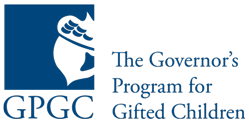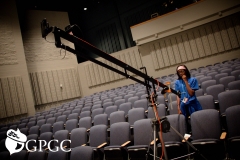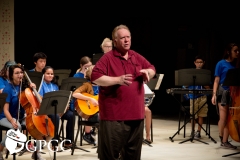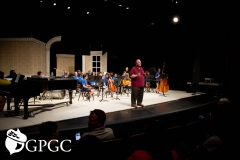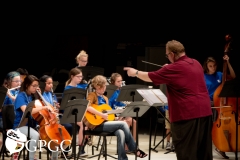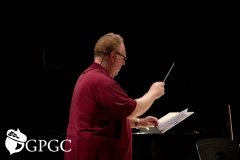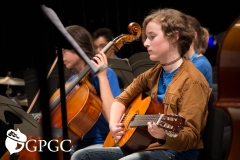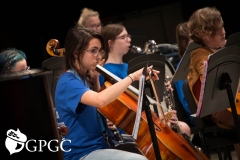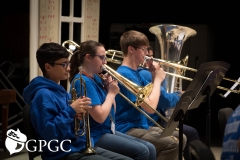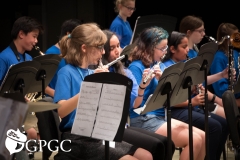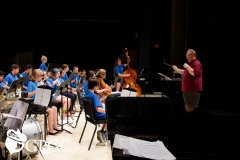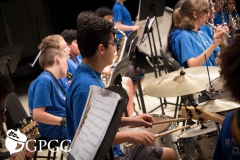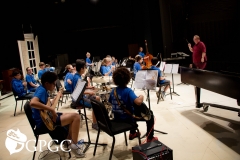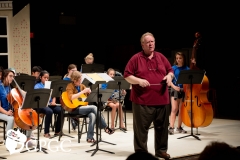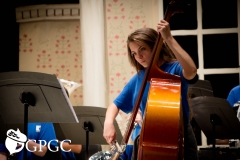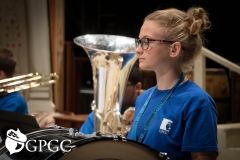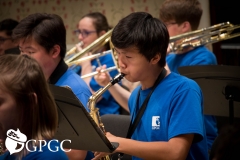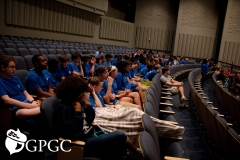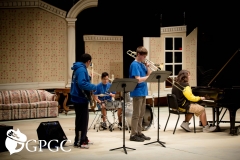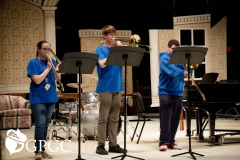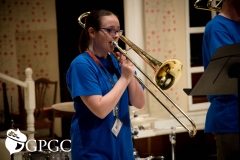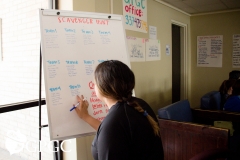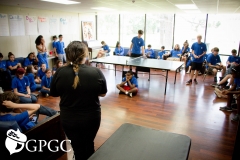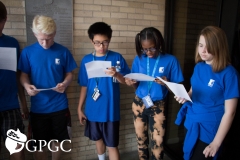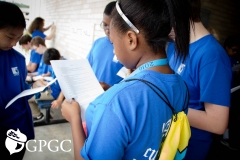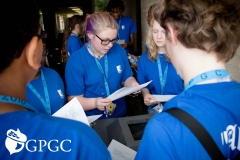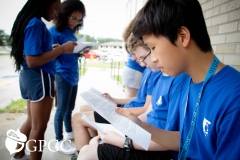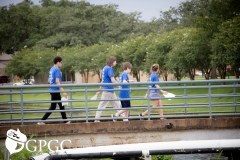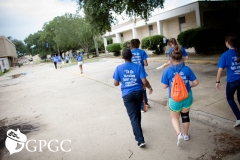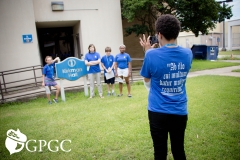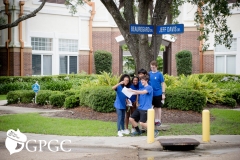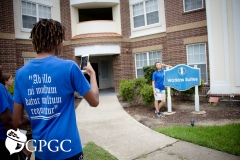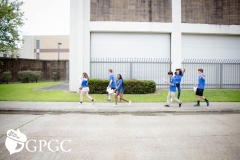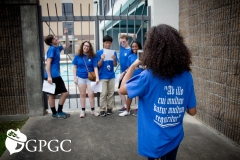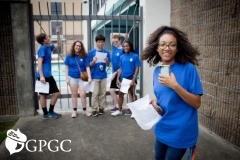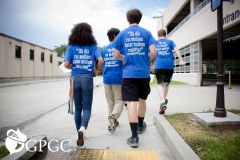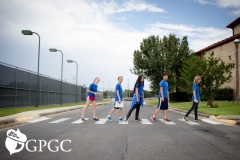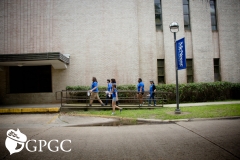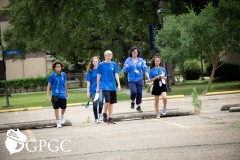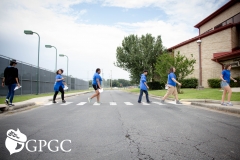Here are some reports from the teachers of each of our Science classes for the past two weeks of the Program. We have organized them by class:
Freshmen Science (Mr. Jimmy Newman, Instructor)
Week Three
This week we looked at the tools scientists use and they measured and recorded 20 different things. We then used the scientific method to figure out the Sherlock Holmes Mystery of the Dancing Men. We finished up with some activities in which the students performed examples of Newton’s 3 Laws of Motion.
Week Four
The freshmen science students learned about the 3 laws of motion with several hands-on activities. First they did the thumping of the index card from underneath several stacked pennies. So far the record is 16 pennies!!! Then they each had the opportunity to ride a hovercraft which demonstrated Newton’s 3rd Law of Motion. They also did the ring, bottle and nail activity which showed Newton’s 1st Law of Motion. We finished up the week with a time travel activity dealing with the Big Bang Theory and how motion was involved with that and they saw a seltzer rocket and a common science measuring tool disappear because of density.
Sophomore Science (Mr. Justin Higginbotham, Instructor)
Week Three
Students studied the relationship between absorbance and concentration this week. Students developed lab skills in preparing standard solutions and learned how to calibrate and use a colorimeter.
Week Four
Students experienced a few chemical reaction demos this week and were taught how to research and debate science topics.
Senior Science (Dr. Linda Brannon, Instructor)
Week Three
During the third week, students worked toward collecting data. Students planning their own studies were required to work on providing a list of the material they will need and writing instructions to participants. I also encouraged them to find additional background information so that they have some information about similar research related to their topic. (Last week we discussed background sources and how to find them. In addition, I provided students with one background source to get them started; they must find at least two others.) That is, these students pursued the details of turning a good idea into a process of data collection.
Students not conducting science studies for their Senior Projects began data collection on the class study, which involved testing in the rat lab. We spend Tuesday through Friday in the rat lab collecting data from 8 rats.
All students completed two worksheet assignments to develop that knowledge of correct terminology in science. Science project students turned in additional written work related to the development of their projects.
Week Four
We spent the week in the rat lab collecting data for the class study. As the rats were spending time in the Skinner boxes pressing the lever, I conferenced with students conducting science studies to help them with questions and suggestions for design, instructions, procedure, and materials. Students were moving toward collecting data, and two finished their data collection this week. Others must finish next week.
Students conducting science studies were expected to turn in a rough draft of their reports. Most did, and I gave them feedback on changes that they should make.
